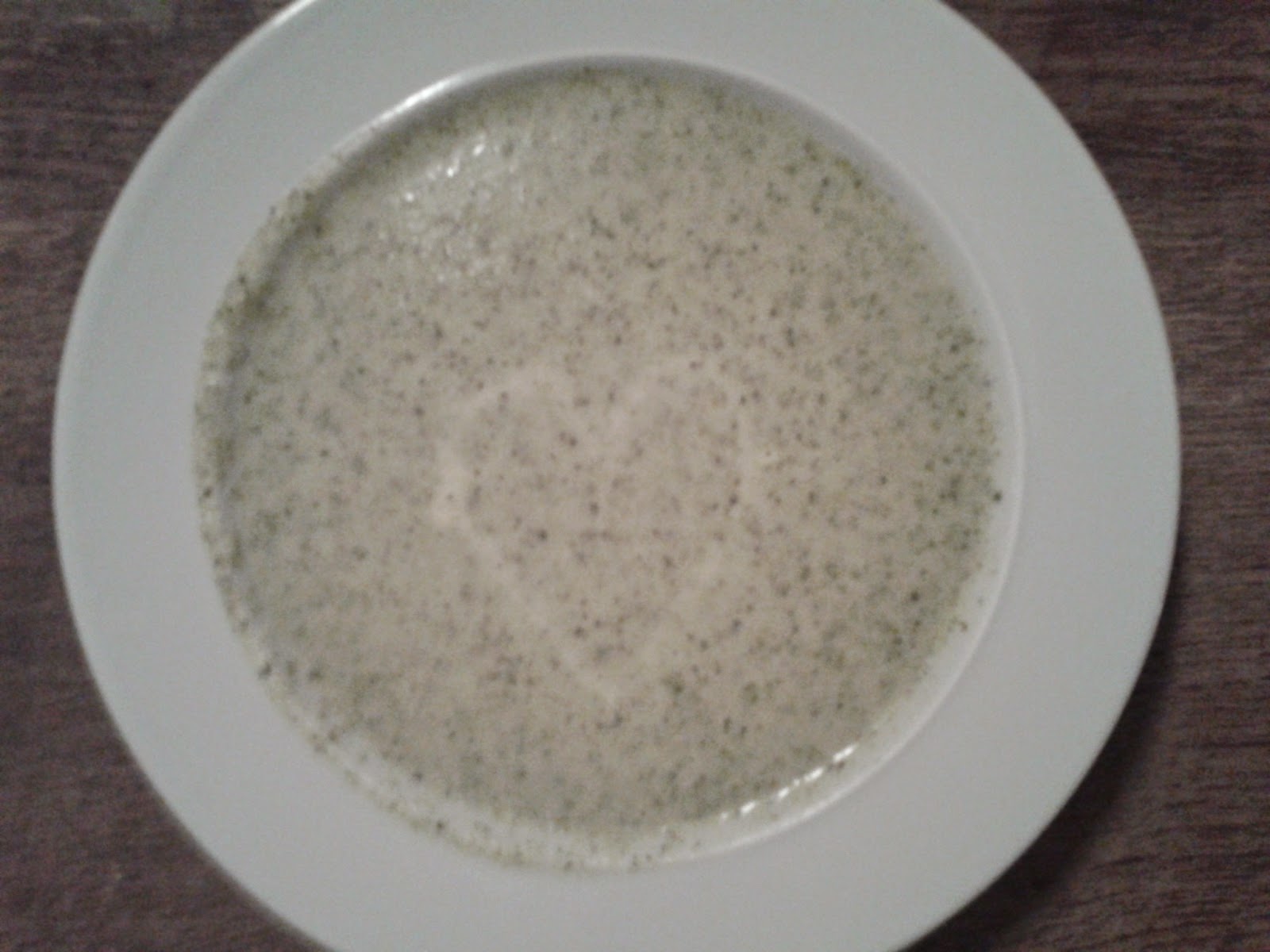Portuguese sardine is with problems again
The Marine Stewardship Council (MSC) announced last August the suspension of the Portuguese sardine purse seine fishery, after Intertek Fisheries Certification (IFC) withdrew the certification following the fourth surveillance audit report on the fishery. Sardine harvested after 14 August may no longer be identified or sold as MSC certified and cannot carry the blue MSC sustainable fishery ecolabel. According to the surveillance report, the fishery no longer complies with the minimum requirements of Principle 1 of the MSC standard - sustainable fish stocks. This principle demands that the fishing activity must be at a level which is sustainable for the fish population. This is the second time the fishery has failed an annual surveillance audit since it was first certified. In both cases the suspension was due to low Iberian sardine stock levels. Despite efforts made by the fishery and the Portuguese institutions in favour of sustainable management, stocks are no...

